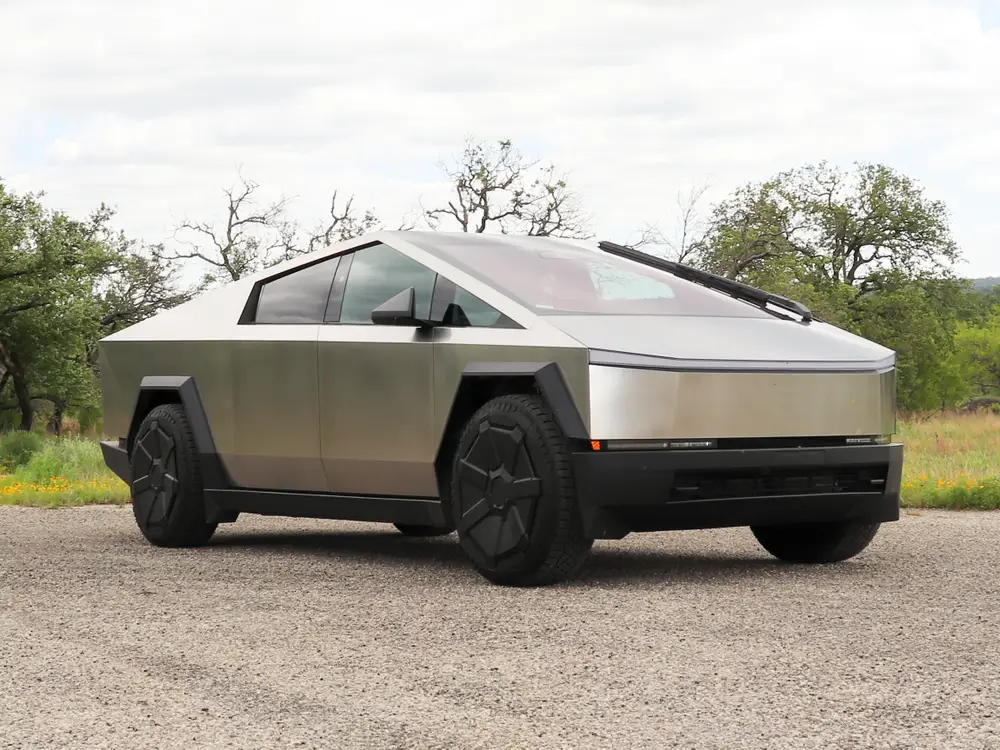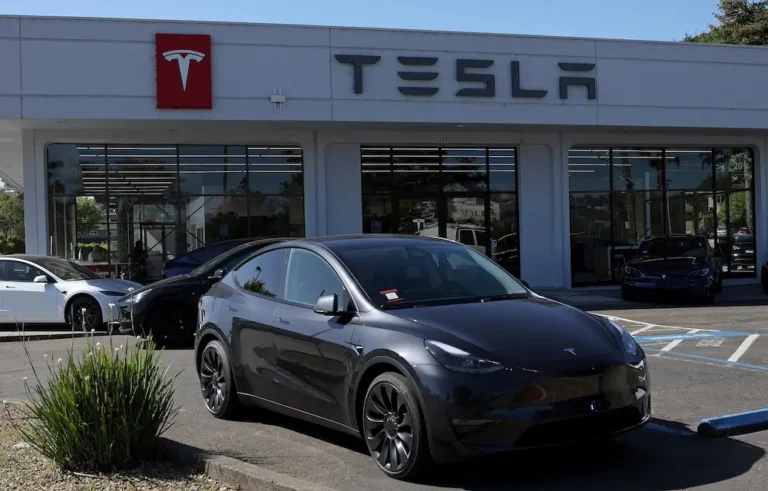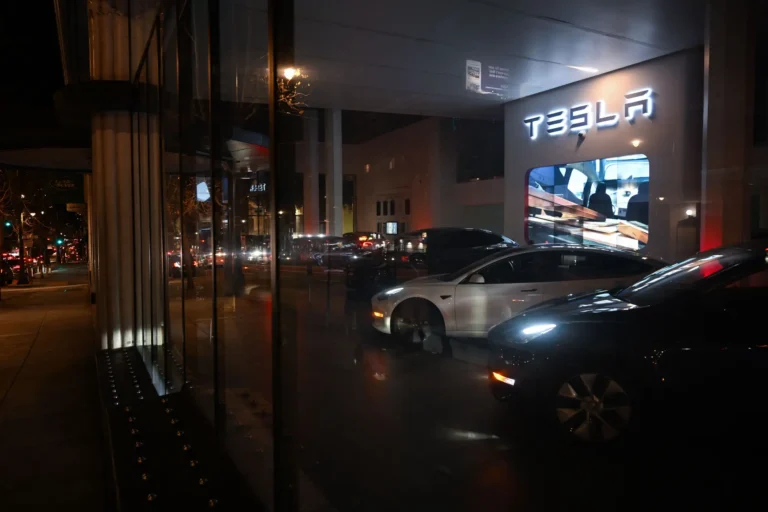Cybertruck just blew every other electric pickup out of the water — but don’t expect it to stay that way

The Tesla Cybertruck went on sale in November after years of hype from CEO Elon Musk.
Tesla’s Cybertruck dominated the electric pickup market this summer.
Elon Musk’s electric car company sold 5,175 of the trapezoidal trucks in July, according to vehicle registration data from S&P Global Mobility provided for Automotive News.
The Cybertruck accounted for nearly half of all sales in the segment, blowing its competition out of the water as Tesla races to ramp production and fill waiting orders. All other EV pickup truck sales from companies like Ford, Rivian, and GM combined totaled 5,546, according to S&P.
After years of teasing, Tesla finally started selling its first electric pickup truck in November. The truck’s final sticker price initially turned off some order-holders, raising concerns about demand in a changing EV market.
But so far, it appears to be doing what Tesla always does: proving skeptics wrong.
Musk has managed to position the massive truck as a status symbol for the rich and famous, rather than an electric alternative for the average truck buyer like its competitors.
Celebrity owners like Kim Kardashian, Jay-Z, and Justin Beiber give the Cybertruck more credibility as a luxury vehicle and draw in the now-elusive wealthy early adopter.
These early adopters, with cash to burn and more patience for ownership quirks, were thought to be nearly extinct in the past year. This has thrown overall EV demand into disarray and caused the entire automotive industry to rethink its future plans for battery-powered cars.
Cybertruck’s early success might be too good to be true
This summer has been a good one for the Cybetruck — particularly in the face of some pretty harsh reviews and relentless mocking online. It’s still too early to tell if Musk’s electric pickup truck will continue to outsell its competitors.
With less than a year on the market so far, it’s possible that some of Cybetruck’s early success can be chalked up to a mix of pent-up demand and the natural ramp-up in production that comes with a new vehicle launch.
After Tesla burns through these longtime order holders and wealthy trendsetters, it will still face problems like affordability and practicality.
An 18% increase in EV registrations in July was driven by historically high discounts and purchase incentives, according to S&P Global Mobility. This proves that demand in the EV market is still largely dependent on a new group of shoppers who prioritize price and practicality.
The Foundation Series, the only model for sale, starts at $99,990, making the Cybetruck wildly out of reach for the average shopper.
Even if Tesla addresses this with the more affordable versions of the truck Musk has promised, the car is far from practical. The futuristic-looking truck is more than 18 feet long and has a stainless steel exterior that has been prone to rust and smudges.






